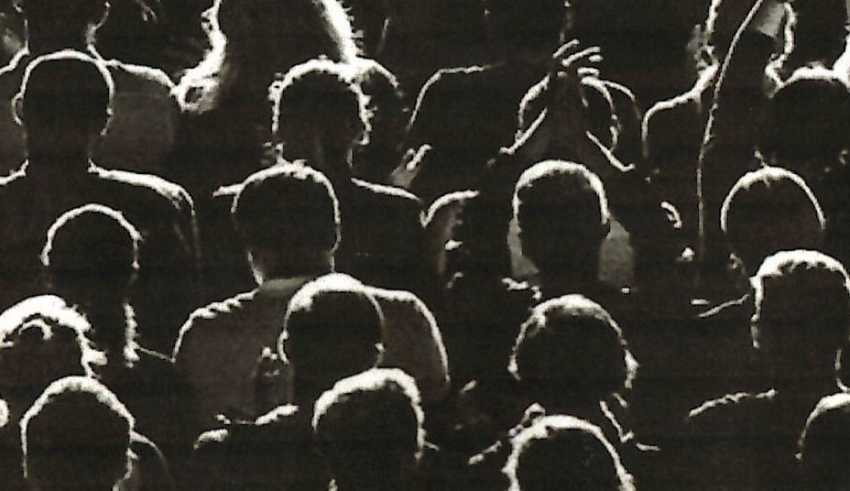
Chapter Fourteen – Beliefs in Wonderland II: The Fleeting Facts (Part Two)
Experts are in trouble. And our whole society is in trouble. We don’t know what to believe and our experts often seem to have only a tenuous grasp on reality. These concerns are societal products of late 20th and early 21st Century thought. Furthermore, there is a much earlier source: the voice of Socrates as heard through the writing of Plato. Socrates (via Plato) offered a critique of ways in which we view reality and how we should view the role of “experts” through a widely known allegory of shadows being caste on the wall of a cave. Those living in this cave believe that the shadows are reality and that those providing interpretations of these shadows are truly “experts” and purveyors of truth and reality.
Given that we might be living in a Platonic cave, what should be done about Facts? Is it acceptable to embrace something that never existed – something that has been created by someone for their own purposes, while implying that it is Truth?? We turn in this chapter to a brief recounting of the history of Facts at three different eras in the operation of human societies. With this historical base in place, we consider how Facts (accurate or fabricated) are being used. We conclude with the presentation of some strategies and tools that can be engaged to increase the chances that Facts have been accurately assessed.
Chapter Fifteen – Beliefs in Wonderland III: Cultural and Psychodynamic Perspectives
The focus of our analysis extends beyond an exploration of the basic cultural foundations of lie-based group and societal perspectives and actions. As we suggest throughout this book, the mid-21st Century world is one that is saturated with volatility, uncertainty, complexity, and ambiguity (VUCA). VUCA is, in turn, swirling in a white-water world of turbulence and strained in a world of profound contradiction. VUCA becomes VUCA-Plus. This chapter delves into the six cultures that operate in most societies and in organizations in which the crisis can emerge and fester.
Chapter Sixteen — Helping Believers Stay Out of or Leave Wonderland I: Experts and the Diffusion of Innovative Ideas and Valid Information
In Chapter Two we defined what an “expert” looks like, how to identify such an individual and what “expertise” is. In this chapter we provide greater detail about experts, especially as they can assist us in staying out of or leaving Wonderland. More generally, we consider ways in which experts can help us address the acceptance of new ideas and innovations—and the resistance of those who live in their own Bubble of Belief.
Experts often offer new ideas to those they are seeking to influence. The old world and old ideas are no longer of great value. Something new is present or on the horizon. As an “expert” I am the one to introduce this innovation; furthermore, I keep ahead of other experts by offering the new idea before they do. This might mean that I am offering an innovation that is absurd or even dangerous. I might instead be offering an innovation that is indeed valid and potentially of great use.
The problem is that I can’t get anyone to accept this innovation or even take it for a “test run.” The resistance to my new idea is great. It is indeed hard to learn how to do something differently if we have learned how to do it successfully the “old way.” The crises of expertise and belief often reside in the diffusion of an innovative idea. These interwoven crises are exacerbated in a VUCA-Plus world that is saturated with competing ideas that contradict one another and are constantly being revised, removed, or reconsidered. Given all of this, an appreciation of innovation diffusion is critical for both the expert and the consumer of new ideas.
In this chapter we focus on this diffusion of innovation and its implications for the offering of expertise. Making use of a model offered by Everett Rodgers, we identify the major challenges for experts and leaders to be found in meeting the concerns and better understanding the perspectives and concerns residing in five different populations. Each of these populations is to be found in all societies and formed around all major innovative ideas and practices.

















